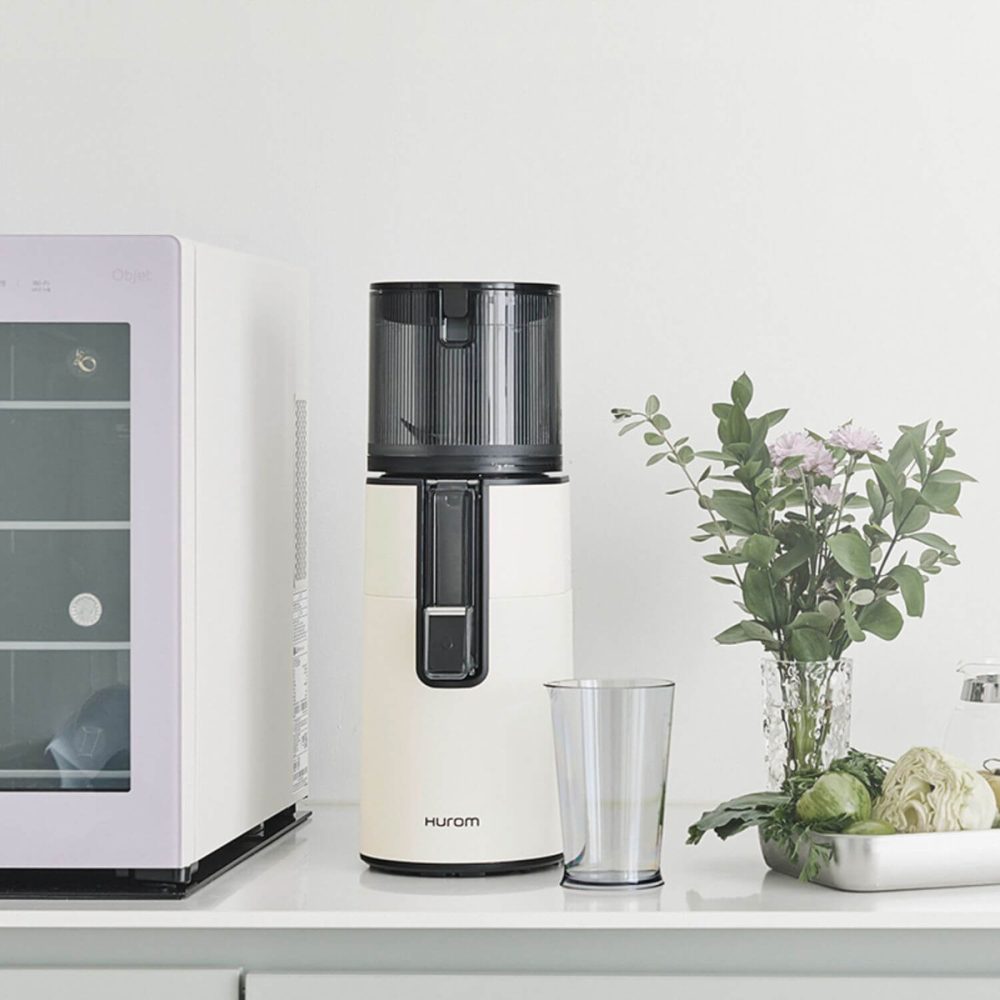
Introduction
In today’s fast-paced world, maintaining a healthy lifestyle can be challenging. However, incorporating a slow juicer into your daily routine can make a significant difference. This article explores the numerous advantages of using a slow juicer, especially as a thoughtful gift for Valentine’s Day. Whether you’re a health enthusiast or someone looking to start a wellness journey, a slow juicer can be a game-changer.
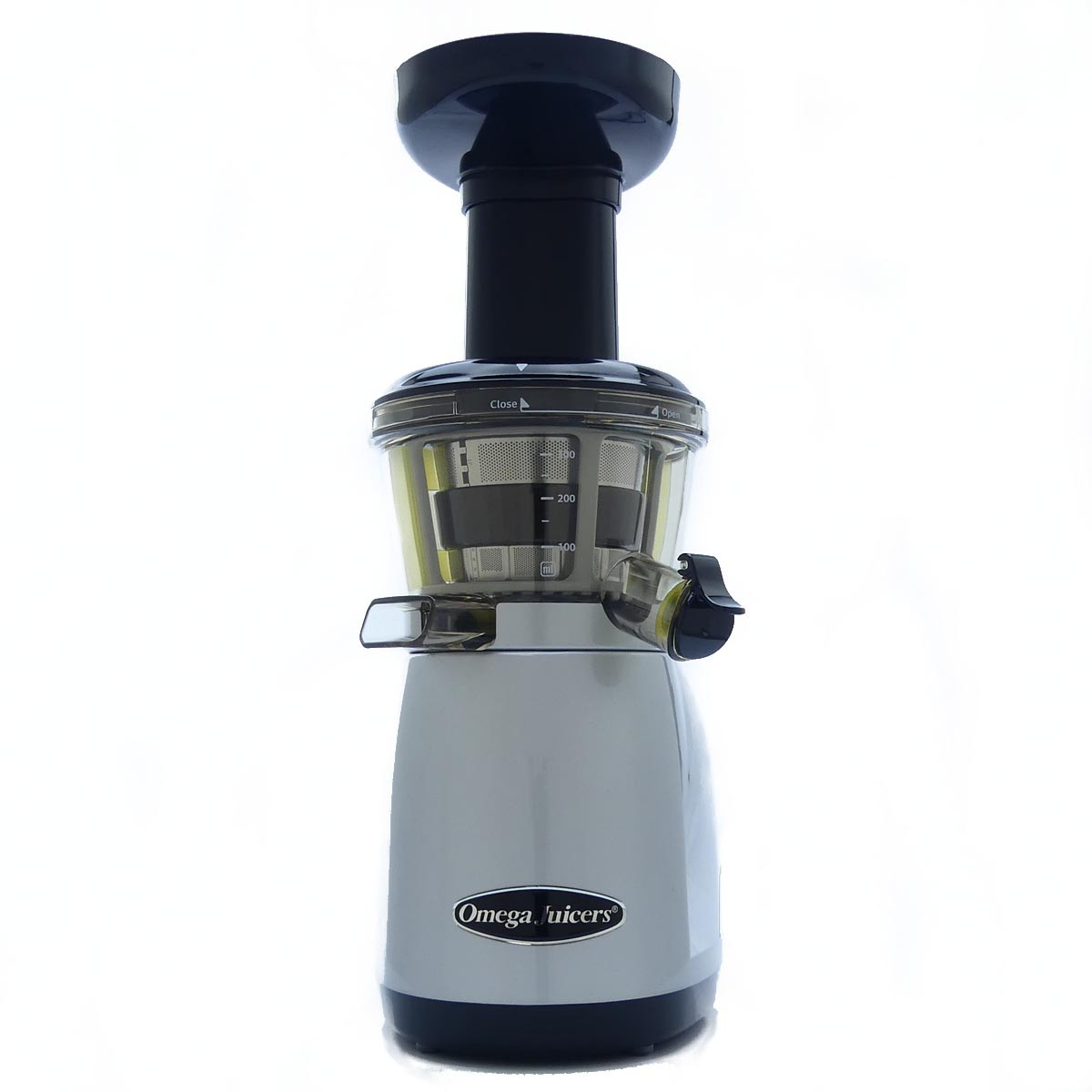 What is a Slow Juicer?
What is a Slow Juicer?
A slow juicer, also known as a cold press juicer, operates at a low speed to extract juice from fruits and vegetables. Unlike traditional centrifugal juicers that use high-speed blades, slow juicers gently crush and press produce to retain maximum nutrients and flavor.
How Does a Slow Juicer Work?
Slow juicers utilize a masticating process, where the juicer slowly grinds the ingredients. This method minimizes heat generation and oxidation, preserving the juice’s vitamins, enzymes, and minerals. Consequently, the juice remains fresh and nutrient-dense, making it an excellent choice for health-conscious individuals.
Types of Slow Juicers
There are primarily two types of slow juicers:
- Horizontal Slow Juicers: These machines have a horizontal auger that processes larger quantities of produce efficiently. They are ideal for users who prioritize speed and capacity.
- Vertical Slow Juicers: Featuring a vertical auger, these juicers are more compact and easier to clean. They are suitable for those with limited kitchen space or who prefer a simpler design.
Health Benefits of Using a Slow Juicer
Incorporating fresh juices into your diet can provide numerous health benefits. Here are some compelling reasons to consider a slow juicer for your health regimen.
Enhanced Nutrient Retention
Slow juicers preserve essential nutrients better than their high-speed counterparts. The minimal heat and oxidation ensure that vitamins like C and E, as well as essential enzymes, remain intact. This leads to more nutritious and flavorful juices that support overall health.
Increased Juice Yield
Due to the efficient extraction process, slow juicers typically yield more juice from the same amount of produce. This means you can enjoy more servings of fresh juice without constantly needing to prepare more fruits and vegetables.
Better Taste and Texture
Juices produced by slow juicers tend to have a richer, smoother taste compared to those from centrifugal juicers. The gentle extraction method preserves the natural flavors and textures, making your juice experience more enjoyable.
Higher Quality Juice
The juice from a slow juicer is less foamy and has a longer shelf life. This higher quality juice can be stored for up to 72 hours without significant nutrient loss, allowing you to prepare batches in advance.
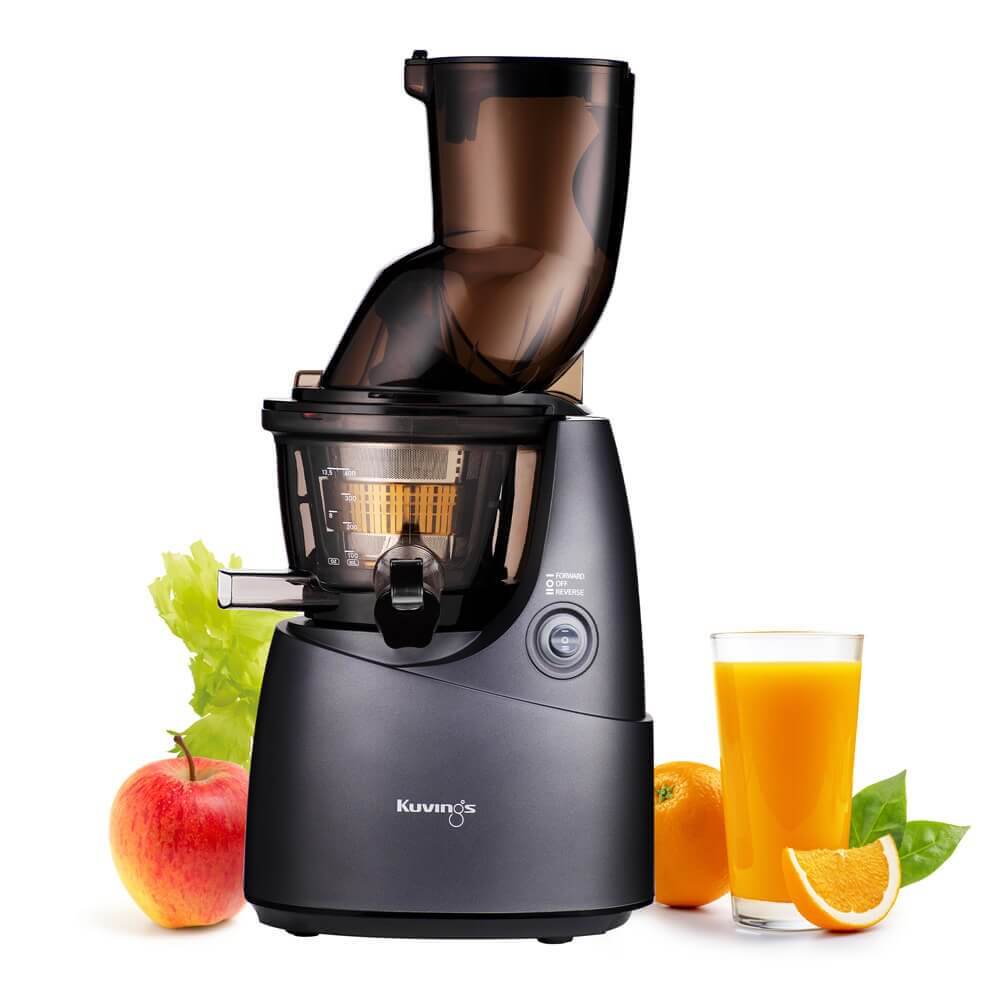 Why a Slow Juicer Makes a Perfect Valentine’s Day Gift
Why a Slow Juicer Makes a Perfect Valentine’s Day Gift
Valentine’s Day is a time to show love and appreciation to your significant other. Gifting a slow juicer can be a thoughtful and practical present that promotes health and well-being. Here’s why a slow juicer is an excellent Valentine’s Day gift choice.
Thoughtful and Practical
Unlike traditional gifts that might only provide momentary joy, a slow juicer offers long-term benefits. It’s a practical appliance that can be used daily, reminding your loved one of your care and consideration every time they enjoy a fresh glass of juice.
Customizable Juice Recipes
A slow juicer opens up a world of creative juice recipes. Valentine’s Day-themed juices, such as strawberry beet blends or pomegranate delights, can add a special touch to the celebration, making the gift even more meaningful.
Supports Dietary Preferences
Whether your partner is vegan, vegetarian, or follows a specific diet, a slow juicer can cater to various dietary needs. It allows for the creation of customized juices that align with individual health goals and preferences.
How to Choose the Right Slow Juicer
Selecting the perfect slow juicer involves considering several factors to ensure it meets your needs and expectations. Here are some key aspects to evaluate when making your decision.
Performance and Efficiency
Look for a slow juicer that offers high performance and efficiency. A powerful motor and effective auger design can significantly impact juice yield and extraction speed. Reading user reviews and product specifications can help you gauge the performance levels of different models.
Ease of Cleaning
A slow juicer that is easy to clean can save you time and hassle. Opt for models with detachable parts that are dishwasher safe or require minimal assembly. Some slow juicers even feature self-cleaning functions, enhancing convenience.
Durability and Build Quality
Investing in a slow juicer with robust construction ensures longevity and reliable performance. Stainless steel components and sturdy materials can withstand frequent use and reduce the risk of wear and tear over time.
Size and Storage
Consider the size of the slow juicer and your available kitchen space. Compact models are ideal for smaller kitchens, while larger machines might be more suitable for those who juice frequently. Additionally, some slow juicers come with storage-friendly features like telescoping juice spouts or compact designs.
Noise Level
Slow juicers are generally quieter than their centrifugal counterparts, but noise levels can still vary between models. If a quiet operation is important to you, look for juicers specifically designed to minimize noise during the juicing process.
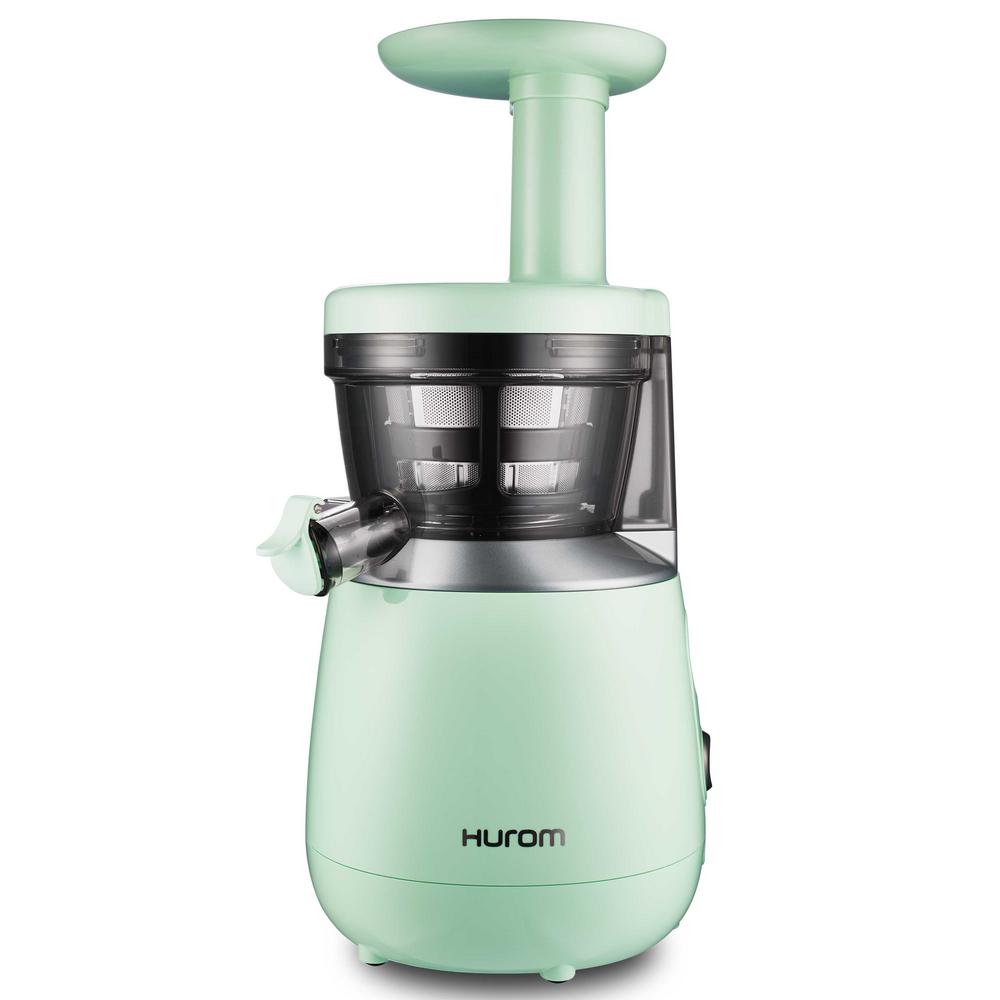 Top Features to Look for
Top Features to Look for
When selecting a slow juicer, certain features can enhance your juicing experience. Here are some top features to consider:
Adjustable Pulp Control
An adjustable pulp control feature allows you to customize the texture of your juice. Whether you prefer a smoother consistency or a heartier blend, this feature provides flexibility to suit your taste preferences.
Multiple Juice Settings
Juicers with multiple juice settings offer versatility in preparing different types of juices. Whether you’re juicing soft fruits or hard vegetables, having adjustable settings can improve the quality and yield of your juice.
Safety Features
Safety should always be a priority when using kitchen appliances. Look for slow juicers with built-in safety mechanisms, such as automatic shut-off or locking systems, to prevent accidents and ensure safe operation.
Warranty and Customer Support
A reliable warranty and responsive customer support can provide peace of mind and protect your investment. Opt for brands that offer comprehensive warranties and have a reputation for excellent customer service.
Maintaining Your Juicer for Optimal Performance
Proper maintenance is essential to keep your slow juicer functioning efficiently and extend its lifespan. Here are some maintenance tips to ensure your juicer remains in top condition.
Clean Immediately After Use
To prevent pulp from drying and sticking to the components, clean your slow juicer immediately after each use. Disassemble the parts and rinse them under running water or place them in the dishwasher if they are dishwasher safe.
Use Appropriate Cleaning Tools
Use soft brushes or cleaning tools to remove stubborn residue without damaging the parts. Avoid using abrasive cleaners or harsh chemicals that can degrade the materials over time.
Regular Deep Cleaning
Periodically perform a deep cleaning to remove any buildup inside the juicer. Disassemble all parts and soak them in a mixture of warm water and mild detergent. Scrub gently and rinse thoroughly before reassembling.
Inspect for Wear and Tear
Regularly inspect your slow juicer for any signs of wear and tear, such as cracks or loose parts. Addressing these issues promptly can prevent further damage and ensure the juicer operates smoothly.
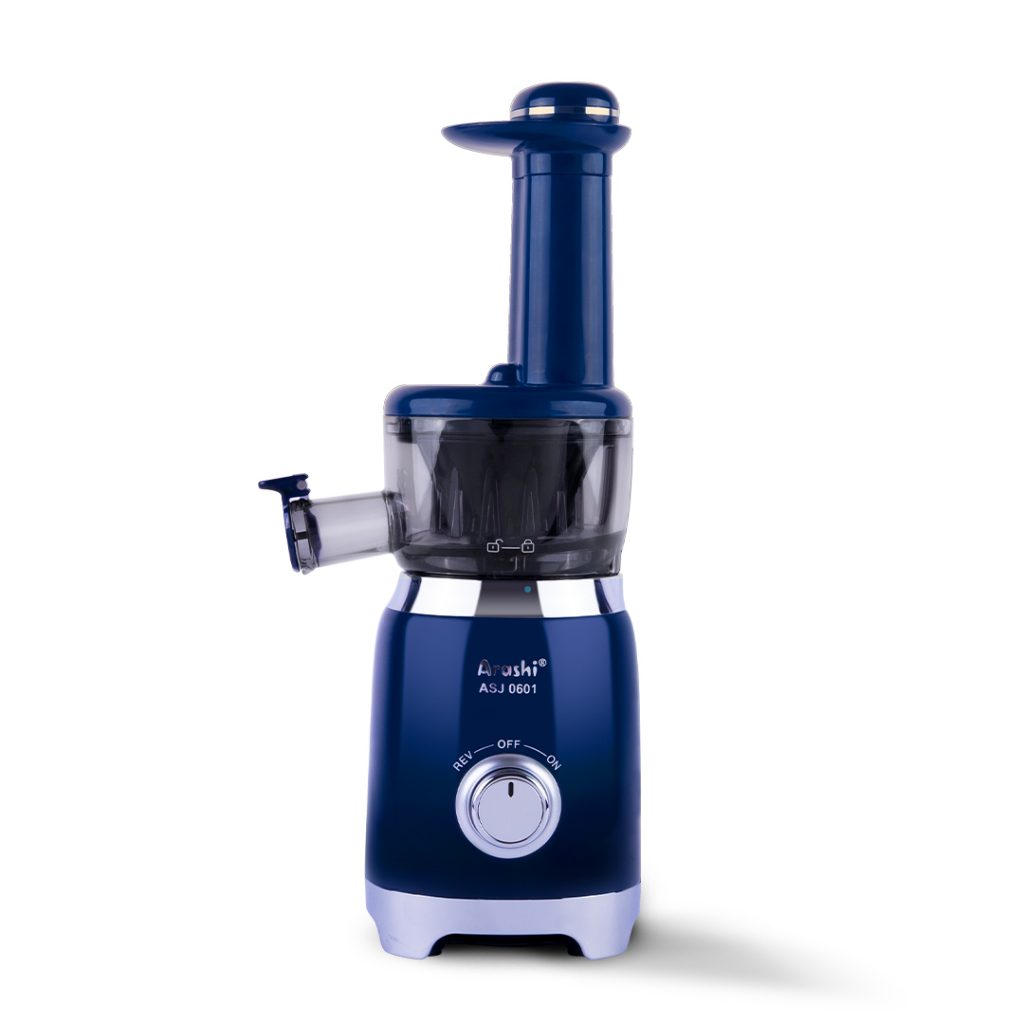 Comparing Slow Juicers to Other Juicing Methods
Comparing Slow Juicers to Other Juicing Methods
Understanding how slow juicers stack up against other juicing methods can help you make an informed decision. Here’s a comparison between slow juicers and centrifugal juicers.
Nutrient Preservation
Slow juicers excel in preserving nutrients due to their low-speed operation, which generates less heat and oxidation. Centrifugal juicers, with their high-speed blades, can cause nutrient loss, making slow juicers a superior choice for health benefits.
Juice Quality
The juice from slow juicers is generally of higher quality, with less foam and pulp separation. Centrifugal juicers often produce more frothy juice that may require additional stirring, whereas slow juicers provide a smoother and more consistent texture.
Versatility
Slow juicers are more versatile, capable of handling a wider variety of produce, including leafy greens, nuts for making nut milk, and even soft fruits. Centrifugal juicers are typically limited to harder fruits and vegetables, restricting their usability.
Noise Levels
Slow juicers operate quietly, making them ideal for early morning or late-night juicing without disturbing others. In contrast, centrifugal juicers can be quite noisy, which might be a consideration if you have a noise-sensitive household.
Sustainability and Environmental Impact
Choosing a slow juicer can also contribute to a more sustainable lifestyle. Here’s how:
Energy Efficiency
Slow juicers consume less energy compared to high-speed centrifugal models. Their efficient design not only reduces electricity usage but also lowers your overall energy footprint.
Reduced Waste
With higher juice yield and more efficient extraction, slow juicers minimize food waste. Additionally, the pulp produced can be repurposed in various recipes, such as smoothies, soups, or baked goods, further reducing waste.
Longevity of Appliance
Slow juicers are built to last, with durable components that withstand frequent use. Investing in a high-quality slow juicer means fewer replacements and less electronic waste over time.
 Tips for Maximizing the Benefits
Tips for Maximizing the Benefits
To get the most out of your slow juicer, consider these practical tips:
Use Fresh, High-Quality Produce
The quality of your juice depends largely on the freshness and quality of the ingredients. Use ripe, organic fruits and vegetables whenever possible to enhance the taste and nutritional value of your juice.
Experiment with Different Combinations
Don’t be afraid to try new ingredient combinations. Mixing various fruits and vegetables can lead to exciting flavors and a broader range of nutrients in your juices.
Incorporate Greens for Extra Nutrition
Including leafy greens like spinach, kale, and celery can boost the nutritional profile of your juice. Green juices are packed with vitamins, minerals, and antioxidants that support overall health.
Conclusion
A slow juicer is more than just a kitchen appliance; it’s a pathway to a healthier lifestyle. By preserving nutrients, enhancing juice quality, and offering versatility, a slow juicer stands out as an essential tool for anyone committed to wellness. Moreover, gifting a slow juicer on Valentine’s Day symbolizes a heartfelt investment in your loved one’s health and happiness. Embrace the benefits of a slow juicer and celebrate love and health this Valentine’s Day.